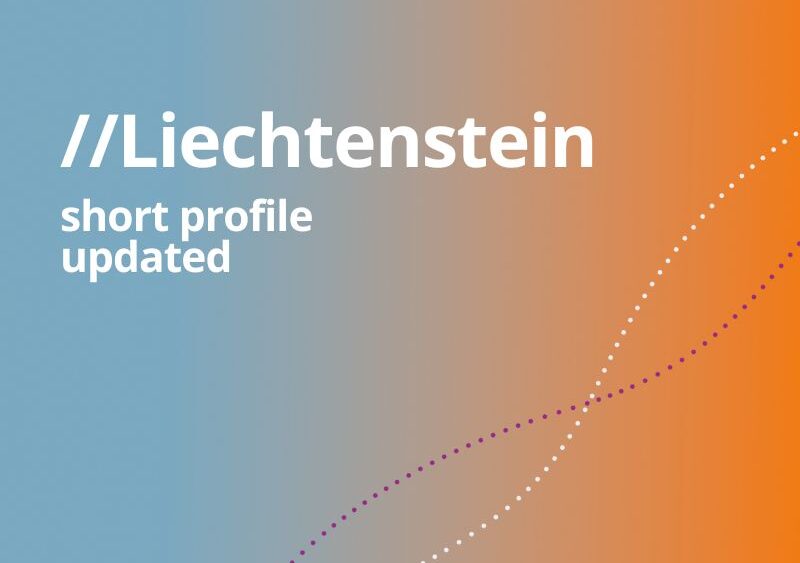Short cultural policy profile for Liechtenstein
A new, updated Short Cultural Policy Profile for Liechtenstein is now available on the Compendium website. The profile highlights the country’s commitment to national identity, cultural diversity, and international engagement, supported by a strong legal and institutional framework.
Special thanks go to our Liechtenstein expert Kornelia Pfeiffer for updating and compiling the profile.
Key developments in Liechtenstein’s cultural policy:
-
Evolution of State Cultural Policy
Cultural policy developed gradually from the 1960s, with a milestone in 1979 when Liechtenstein joined the European Cultural Convention. Since 1995, EEA membership has enabled participation in EU cultural programs. -
New Cultural Strategy
Under development since 2024, the strategy focuses on innovation, heritage protection, international visibility, and fairness in the arts sector, while addressing digitalization, sustainability, and shifting audience behavior. -
Liechtenstein Cultural Foundation
Established in 2008, the foundation manages state cultural funding independently, promoting freedom, pluralism, diversity, and innovation across all cultural fields. -
Legal Framework
Key laws include the Culture Promotion Act (2007), the Law on the Liechtenstein Cultural Foundation (2007), the Corporate Governance Act (2010), and the Cultural Property Act (2016). -
Cultural Funding
Public expenditure rose from CHF 23 million in 2000 to CHF 34.7 million in 2022, with cultural activity funding increasing to CHF 3.4 million in 2023. Private foundations and sponsors provide significant supplementary support, with 23% of VLGST funds directed to art and culture.
In summary, Liechtenstein’s cultural policy combines state leadership, independent institutions, and private contributions, creating a dynamic system designed to balance national identity with international engagement.
You can find all available Short Cultural Policy Profiles on the Compendium website.


Comments are closed.